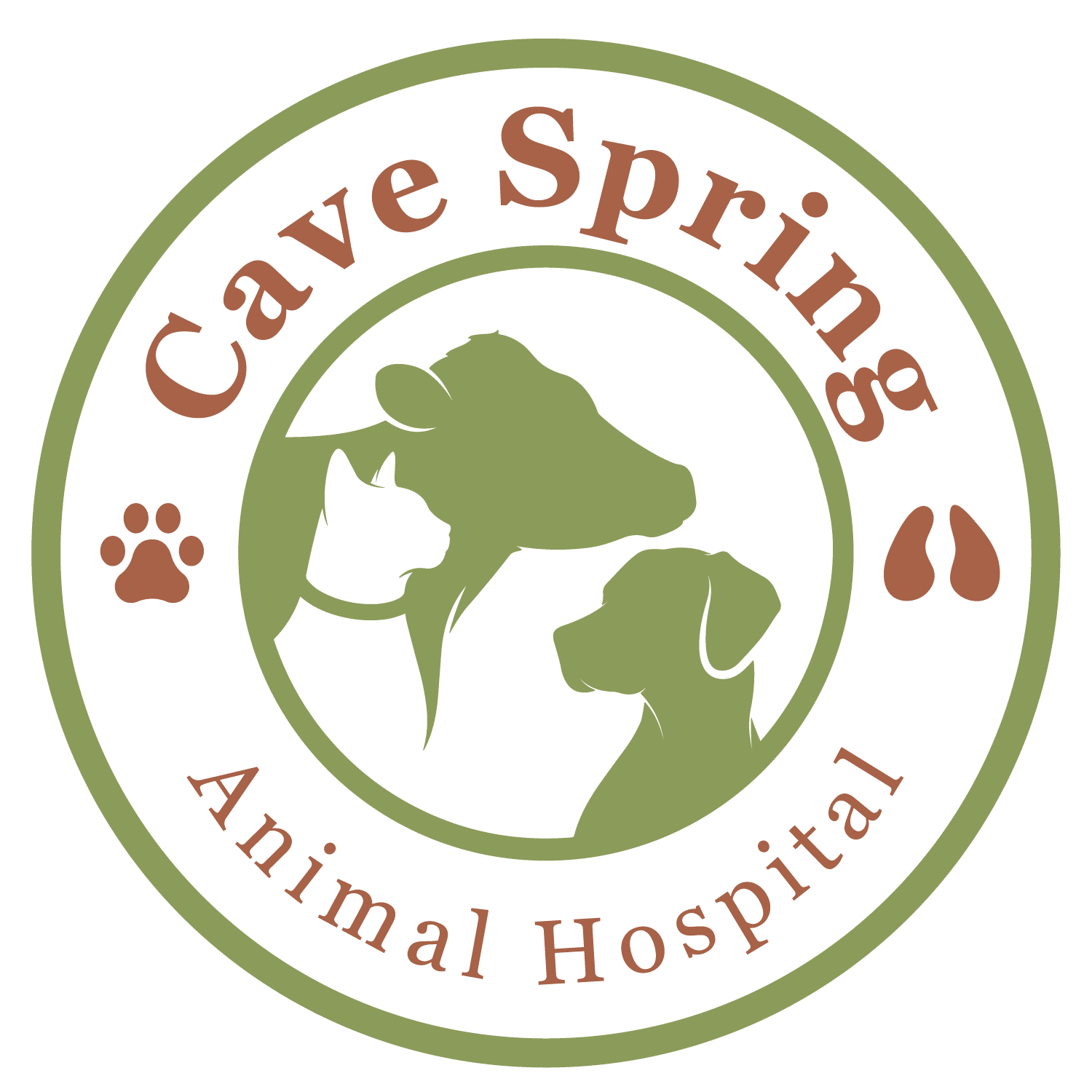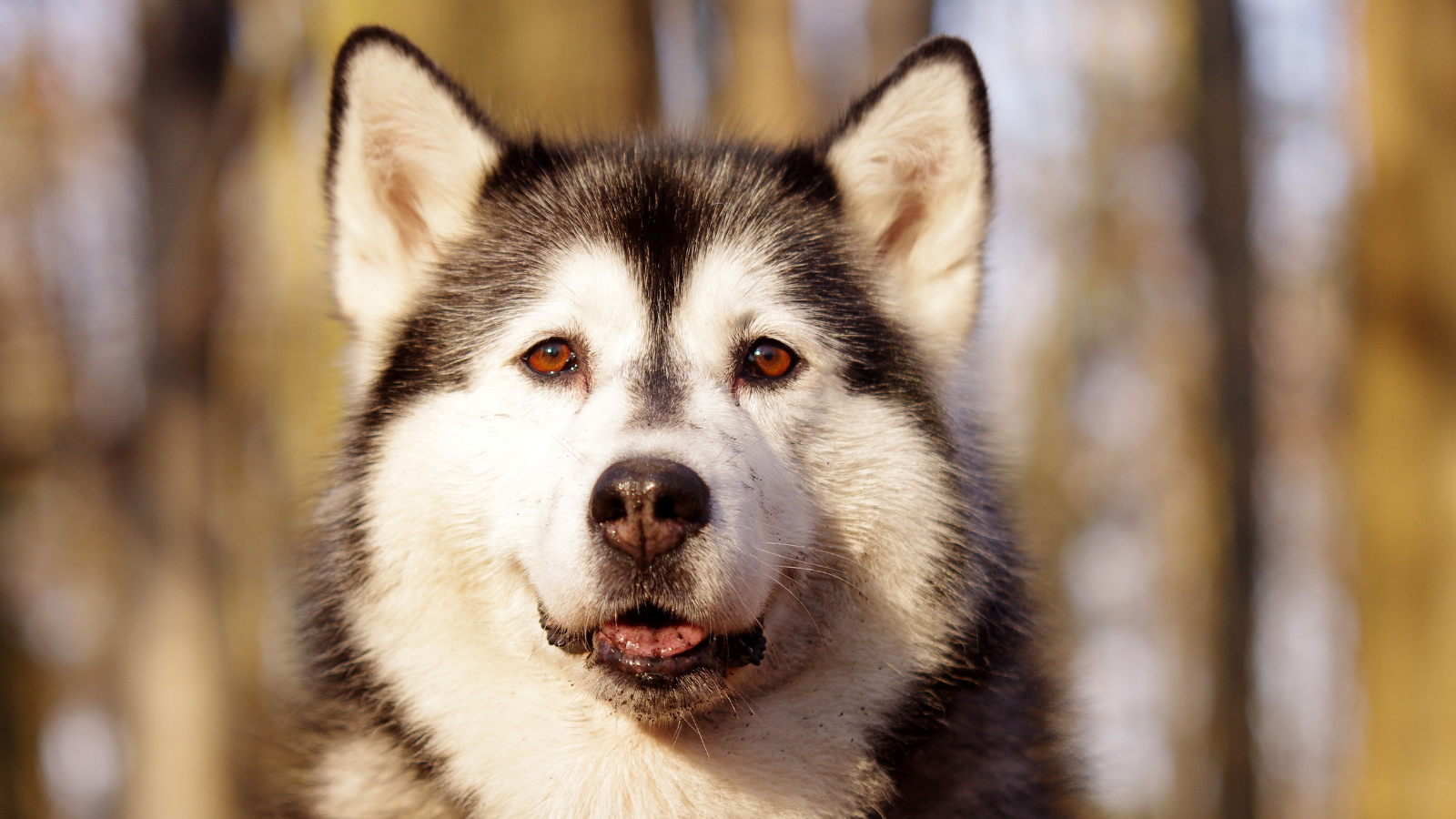When was your pet’s last wellness check? If it’s been a while, it might be time to schedule one. Going to the vet is a chance to get vaccines and a general health update for your pet, sure, but it’s also a chance to get ahead of one health issue facing many pets today: obesity. As we observe National Pet Obesity Awareness Day this October, Cave Spring Animal Hospital wants to remind pet owners that regular veterinary checkups can make all the difference in maintaining a healthy weight for your animal companion.
Why Summer Conditions Demand Extra Pet Care
A 2024 Pet Obesity & Nutrition Opinion Survey found that 35% of dog owners and 33% of cat owners believe that their pet is overweight or obese, and it’s believed that the actual percentage is closer to half of all pets being at least overweight. While a few extra pounds might not seem urgent, the long-term health effects of reaching obesity can be serious, ranging from joint problems and diabetes to reduced lifespan and quality of life.
The tricky part is that pet obesity develops gradually. Without regular veterinary check-ins, many pets gain weight slowly over time, and by the time it’s noticeable, it can already be affecting their health.
How Veterinary Care Supports Pets’ Weight
During a wellness visit, the veterinarian will monitor your pet’s weight. If you come in on an annual or bi-annual basis, that means your pet’s weight will be tracked over time so weight trends can be caught. If your pet is trending toward weight gain, they’ll flag it before it becomes a full-blown problem. They may also run diagnostics to see if a medical issue could be causing your pet’s weight gain.
The vet may even go deeper by assessing a cat or dog’s Body Condition Score, a hands-on evaluation that looks at fat distribution and body shape. This gives us a more accurate picture than the scale alone. If you’re interested in giving the BCS score a try yourself, an ideal weight is 4 or 5 on the 9-point system.
During a wellness exam is the perfect time to discuss what you’re currently feeding your pet, including portion sizes, treats, supplements, and any table scraps. It’s easy for food intake to creep up, and the vet can help you fine-tune your pet’s diet.
Based on what a veterinary team finds during an exam, they will guide you on food choices, activity levels, and portion sizes. Have any questions about your pet’s weight or diet? All you have to do is ask!
Prevent Pet Obesity
You have probably heard the saying that prevention is the best medicine. It’s true! And prevention means not waiting until there’s a problem. Routine veterinary wellness visits are proactive, giving you the tools to avoid obesity-related illnesses in pets before they start. Here are a few extra tips that you can use for your pet at home:
- Don’t guess on meal portions. Use a measuring cup or scale for consistency.
- Cut back on the treats or ask the vet about healthier alternatives like pet-safe veggies.
- Stop feeding your pet bits of your meals (even if they give you the cute begging eyes!)
- Incorporate some extra playtime or an additional walk into your pet’s routine.
Keep Your Pet at a Healthy Weight with Nutrition Guidance in Cave Spring, GA
Pet obesity is a health concern that affects everything from mobility to lifespan. Let’s use this October as a reminder to prioritize your pet’s wellness. Cave Spring Animal Hospital has veterinary weight management consultations in Cave Springs for overweight cats and dogs from Cedartown, Rome, and nearby Georgia areas. Schedule a visit with Cave Spring Animal Hospital today.

